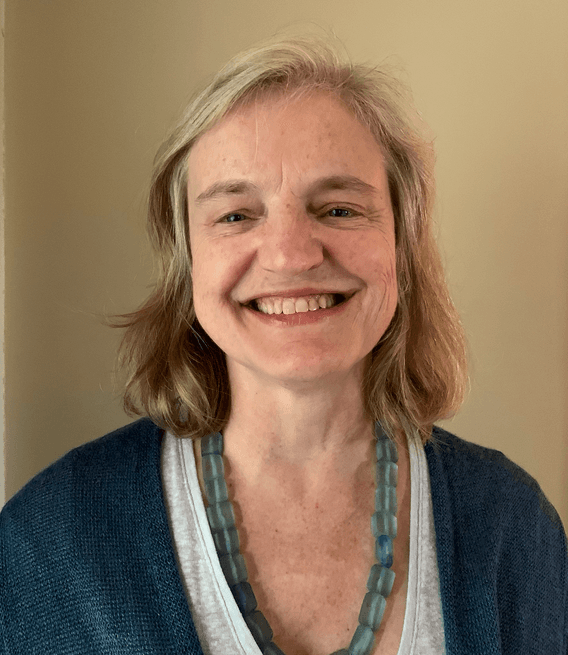Carol Hills
Senior Producer and Host
Carol Hills was part of the original team that created and launched "The World" in 1996. Currently, she is a producer, occasional reporter and host who proudly calls herself a generalist. Carol is interested in everything from US policy options in Afghanistan to the rise in pet ownership in the Middle East. She also has an interest in global humor (yes, sometimes it actually does translate) and produces a weekly narrated slideshow of political cartoons from around the globe. Over the years, Carol has reported from Cuba, Nigeria, and Vietnam. She was a Knight Fellow at the Massachusetts Institute of Technology during 2001-2002 and has a master's degree from The Fletcher School of Law and Diplomacy. Carol got her journalistic start in Boston on "The Ten O’Clock News" with Christopher Lydon.
Film festival makes its way through Ecuador’s Amazon by boat
For the past few weeks, a floating film festival has been plying the waters of Ecuador’s Amazon region. The films are transported aboard a solar-powered boat. It stops in Indigenous communities along the rivers, sets up a projector, and shows films by and about Indigenous people around the globe.
A food writer celebrates the tastes of her hometown: Lagos, Nigeria
New York Times food writer Yewande Komolafe grew up in Lagos, Nigeria. When she moved to the US in her late teens, she recreated her favorite dishes by memory. Now she celebrates her home town’s cuisine in her new book: “My Everyday Lagos: Nigerian Cooking at Home and in the Diaspora.” Host Marco Werman speaks to Komolafe about what inspired her book.
The Palestinian political system needs to be rebuilt on ‘national consensus,’ says political activist
The Palestinian Authority (PA) in the West Bank is, which is the larger of the two Palestinian territories, is backed by the international community and the US. But the PA has lost much of its sway in Gaza. To explore where the PA and Palestinian President Mahmoud Abbas fit into the larger picture, The World’s host Marco Werman speaks with Nour Odeh, a Palestinian political activist, researcher and author based in Ramallah.
Lapses in Israeli intelligence amid Hamas attack come as ‘a complete shock,’ says analyst
Many people are questioning how Israeli intelligence services were unable to detect and deter Hamas’s attack on Saturday that left hundreds of Israelis dead, while others were taken hostage. Subsequent Israeli airstrikes killed hundreds of Palestinians. Colin Clarke, director of research at The Soufan Group, a global intelligence and security consultancy, discussed the possibilities with The World’s host Marco Werman.
Subscribe to The World’s Latest Edition podcast for free using your favorite podcast player:



